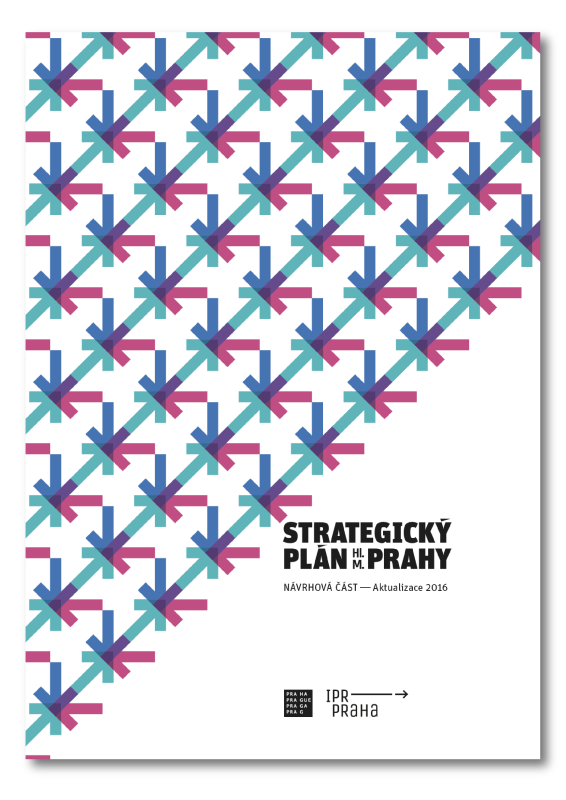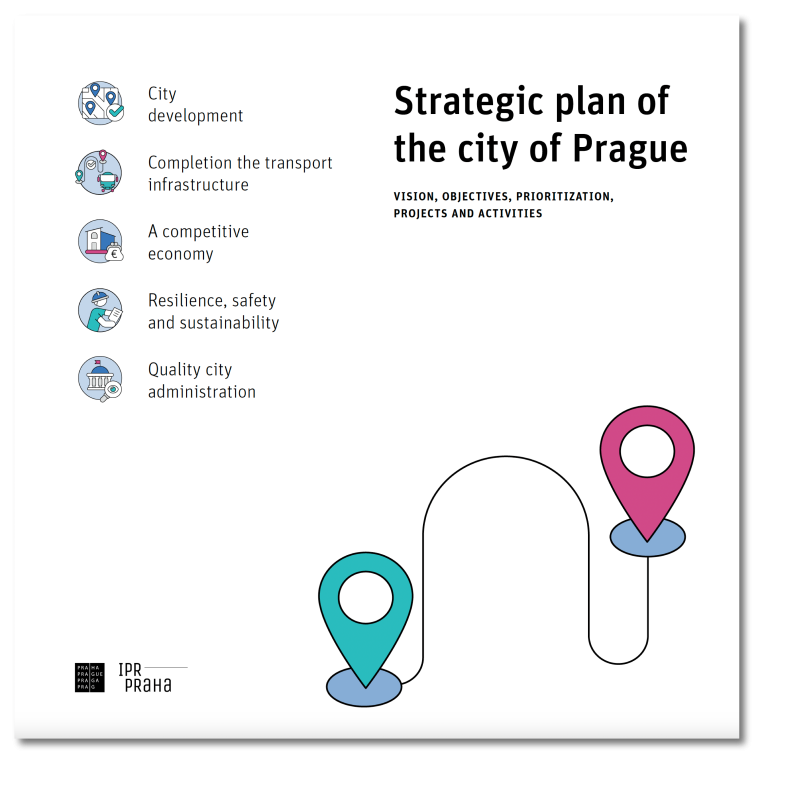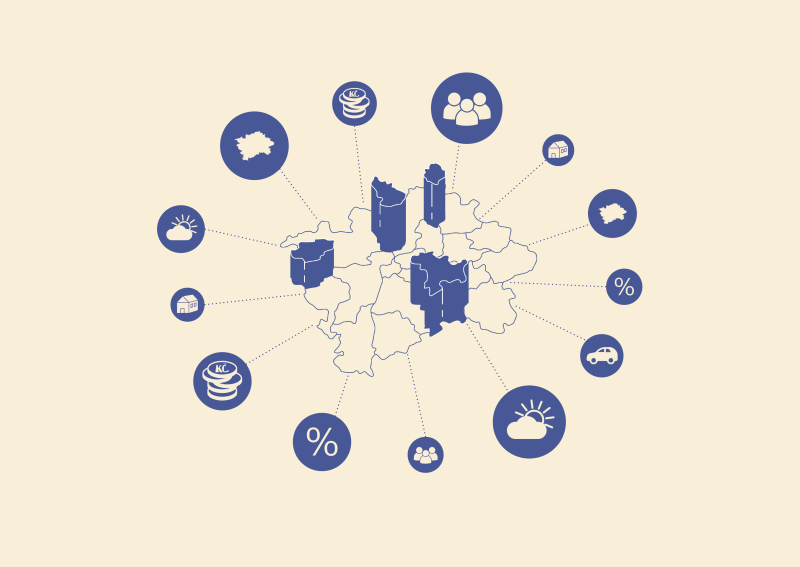Strategic plan
A crucial tool for the strategic planning of city development is a realistic strategic plan which formulates a common vision for the city. It determines the main development direction in the medium- and long-term and sets out the social and economic objectives for the city.
The Prague Strategic Plan, 2016 Update was adopted by the Prague City Assembly on November 24, 2016.




